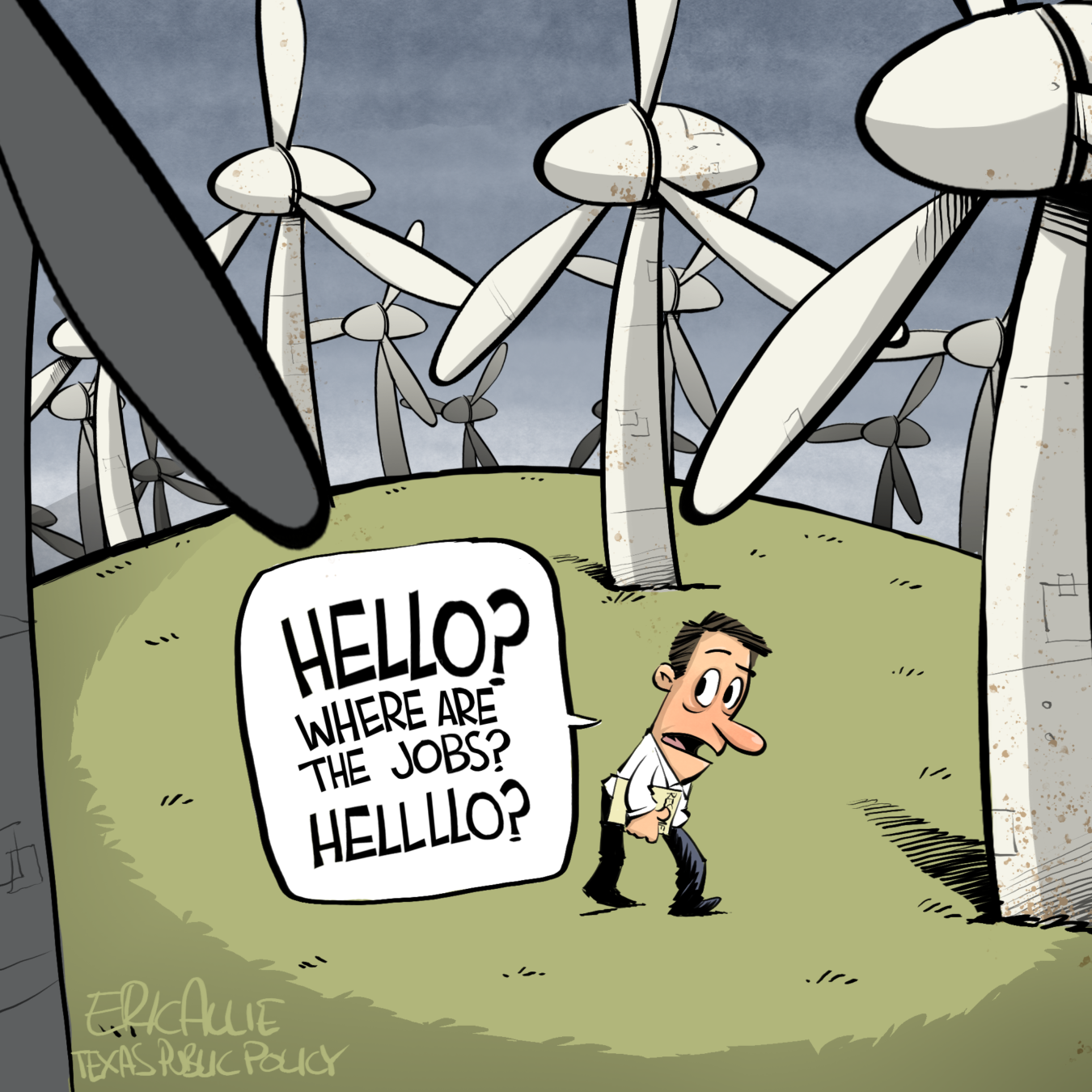It’s no mystery that Texas is open for business. In fact, it earned the prize of being the top spot for business this year. As the United States takes the top spot for oil production, Texas leads the way. When you discount U.S. Department of Energy employment figures to exclude initial construction—focusing on jobs that provide continuous, long-term economic contributions to a community, fossil fuels take the lead.
 Under Chapters 312 and 313 of the Texas Tax Code, local governments can grant property tax abatements to manufacturing companies, including those in the energy sector, that wish to bring business to their communities. In exchange for property tax relief under 313, these companies are supposed to bring 25 jobs in urban areas or 10 in rural areas. However, school districts can grant waivers of the jobs requirement. Of the projects receiving abatements under 313, 50% had this waiver, with 87% of those going to renewable energy projects.
Under Chapters 312 and 313 of the Texas Tax Code, local governments can grant property tax abatements to manufacturing companies, including those in the energy sector, that wish to bring business to their communities. In exchange for property tax relief under 313, these companies are supposed to bring 25 jobs in urban areas or 10 in rural areas. However, school districts can grant waivers of the jobs requirement. Of the projects receiving abatements under 313, 50% had this waiver, with 87% of those going to renewable energy projects.
Even when the jobs come, they cost Texans over $300,000 each—and they don’t come from renewables. Residents of rural Texas expect long-term investment in their communities, but wind and solar farms bring temporary jobs during construction and only a few for the long term. Instead, the revenues flow through corporate towers into multi-national, multi-billion-dollar companies at the expense of all Texans.
If Chapter 313 is about jobs, renewables don’t fit the bill.